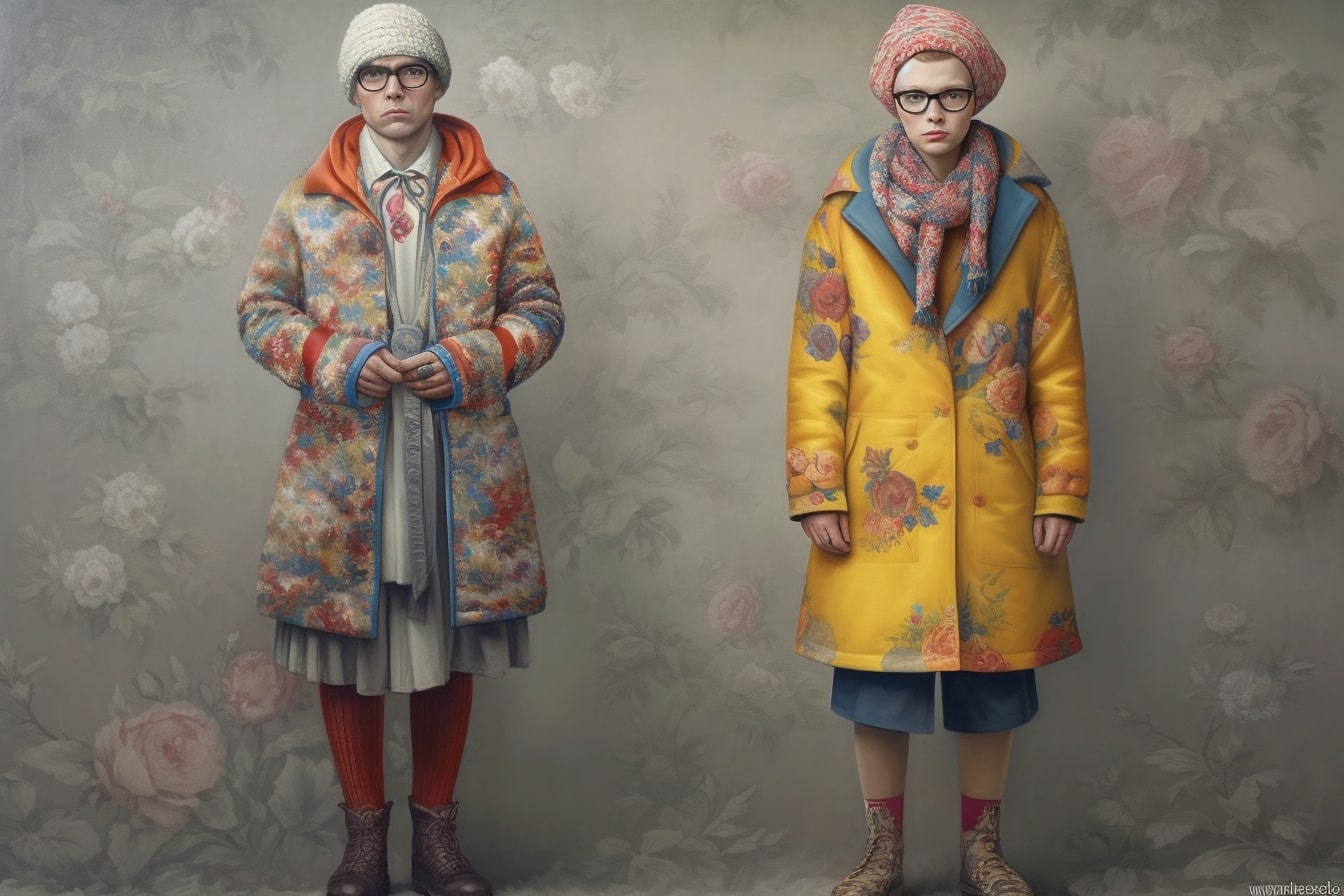Interview Advice
The Ultimate Guide on What Not to Wear to an Interview: Your Pathway to Success with CV Wallet
By Will Etheridge - 13 June 2023

Navigating the uncertain waters of job hunting can be a daunting task. One of the critical aspects, often overlooked, is the importance of appropriate attire for job interviews.
This comprehensive guide on 'what not to wear to an interview' aims to simplify that task, leaving you more time to prepare for the actual interview.
Whether you're stepping into the job market for the first time or an experienced professional looking for a change, this guide is your perfect aide. It's also worth noting that CV Wallet, the world's first career management app, offers a suite of smart tools to streamline your job-seeking journey.
Why Does What You Wear to an Interview Matter?
The adage, 'you never get a second chance to make a first impression', rings true, especially during a job interview. Your attire is one of the most apparent non-verbal cues that can shape the interviewer's perception of you.
Dressing inappropriately can subconsciously signal a lack of respect or seriousness about the role. Therefore, understanding what not to wear to an interview is crucial to putting your best foot forward.
Moreover, your attire is a reflection of your understanding of the company's culture. If you dress too casually for a traditionally corporate firm or too formally for a modern start-up, it might indicate that you are not in tune with the company's ethos.
Therefore, it's essential to research the company beforehand to gauge the dress code and company culture.
Common Mistakes in Interview Attire
While there's no one-size-fits-all answer for the perfect interview outfit, certain common mistakes can cost you the job offer. Here are some pitfalls to avoid:
Being too casual or too formal: Dressing too casually can send a message that you're not serious about the role, while being overdressed can create distance and potentially intimidate your interviewer. Therefore, it's best to strike a balance and opt for business casual or business professional, depending on the role and company.
Wearing ill-fitting or uncomfortable clothing: Clothes that are too tight, too loose, or simply uncomfortable can not only distract you but also make you seem unprepared or sloppy. Ensure your clothes fit well, are ironed, and allow you to sit and move comfortably.
Inappropriate accessories: Flashy jewellery, excessive makeup, or unusual hair colours can divert the interviewer's attention away from your skills and qualifications. Keep your accessories minimal and tasteful.
Overpowering fragrances: While smelling good is part of personal hygiene, an overpowering scent can be distracting or even cause discomfort if your interviewer is sensitive to it. Opt for a light, fresh scent instead.
This guide's next half will delve into the specifics of what not to wear in different professional environments, offering tailored advice to help you dress for success. Stay tuned and remember, CV Wallet is always there to help make your job hunting journey smoother and more efficient.
Detailed List of What Not to Wear to an Interview
Now let's dive into the specifics of what not to wear for interviews across different professional settings:
Casual: In environments like start-ups or creative agencies, you might be tempted to dress down. But remember, it's still an interview. Avoid wearing ripped jeans, flip-flops, hats, or graphic tees with controversial or distracting images or slogans. Instead, opt for neat trousers, a simple shirt or blouse, and clean, closed-toe shoes.
Business Casual: This dress code is a step up from casual and is common in many modern workplaces. Avoid overly casual items like shorts, sandals, athletic shoes, or t-shirts. Also, keep away from overly formal attire like full suits. Go for tailored trousers or skirts, collared shirts or blouses, and loafers or low heels.
Business Professional: For corporate roles or traditional industries like law or finance, business professional is the norm. Don't wear casual clothing items or anything flashy. Avoid bold, distracting colours or prints. Stick to a classic, conservative look: a suit in neutral colours, a crisp shirt or blouse, and polished shoes.
Industry Specific: Some industries or roles have specific attire norms, like healthcare or construction. Avoid wearing anything inappropriate for the job's demands. Research is key here - know what's expected and dress accordingly.
Regardless of the dress code, there are some universal 'no-nos': wrinkled or stained clothing, too revealing outfits, neon colours, over-the-top patterns, and unkempt shoes.
Additional Tips for Successful Interview Dressing
Beyond knowing what not to wear to an interview, here are a few additional tips to ensure you make the best impression:
Personal grooming: Ensure your hair is neat, clean, and professionally styled. Men should trim their beard, if applicable. Keep your nails clean and well-maintained.
Accessories: Use accessories sparingly. They should enhance your overall look, not distract. Opt for subtle jewellery, a professional watch, and perhaps a briefcase or professional bag. Avoid loud ties, flashy belts, or large, colourful bags.
Personal Touch: While dressing professionally is important, don't forget to let your personality shine subtly through your outfit. It could be a unique watch, a tasteful piece of jewellery, or a stylish yet professional tie.
How CV Wallet Can Help You Prepare for Your Interview
While this guide provides an in-depth overview of what not to wear to an interview, the CV Wallet app can help you prepare for the entire job-seeking process. The Careers Hub offers AI-powered support, providing valuable career advice, interview preparation, application form writing assistance, and more.
Further, CV Wallet's Blue Tick verification is backed by Blockchain technology, verifying your identity, skills, qualifications, and experience. It adds credibility and assures potential employers of your authenticity, giving you an edge over other candidates.
Quick Checklist: What Not to Wear
Here's a quick checklist of what to remember when deciding your interview outfit:
- Understand the company culture and dress code
- Avoid too casual or too formal clothing
- Ensure your clothes fit well and are comfortable
- Keep accessories minimal and tasteful
- Use a light, fresh fragrance
- Ensure your overall appearance is neat and professional
- Add a subtle personal touch to your outfit
Conclusion
In conclusion, knowing what not to wear to an interview is just as important as knowing what to wear. Dressing appropriately can make a difference in the impression you make on your potential employer.
Armed with these guidelines, you're now ready to present yourself in the best possible way. Pair your well-chosen attire with the powerhouse of resources from CV Wallet, and you're well on your way to acing your next interview. Good luck!


